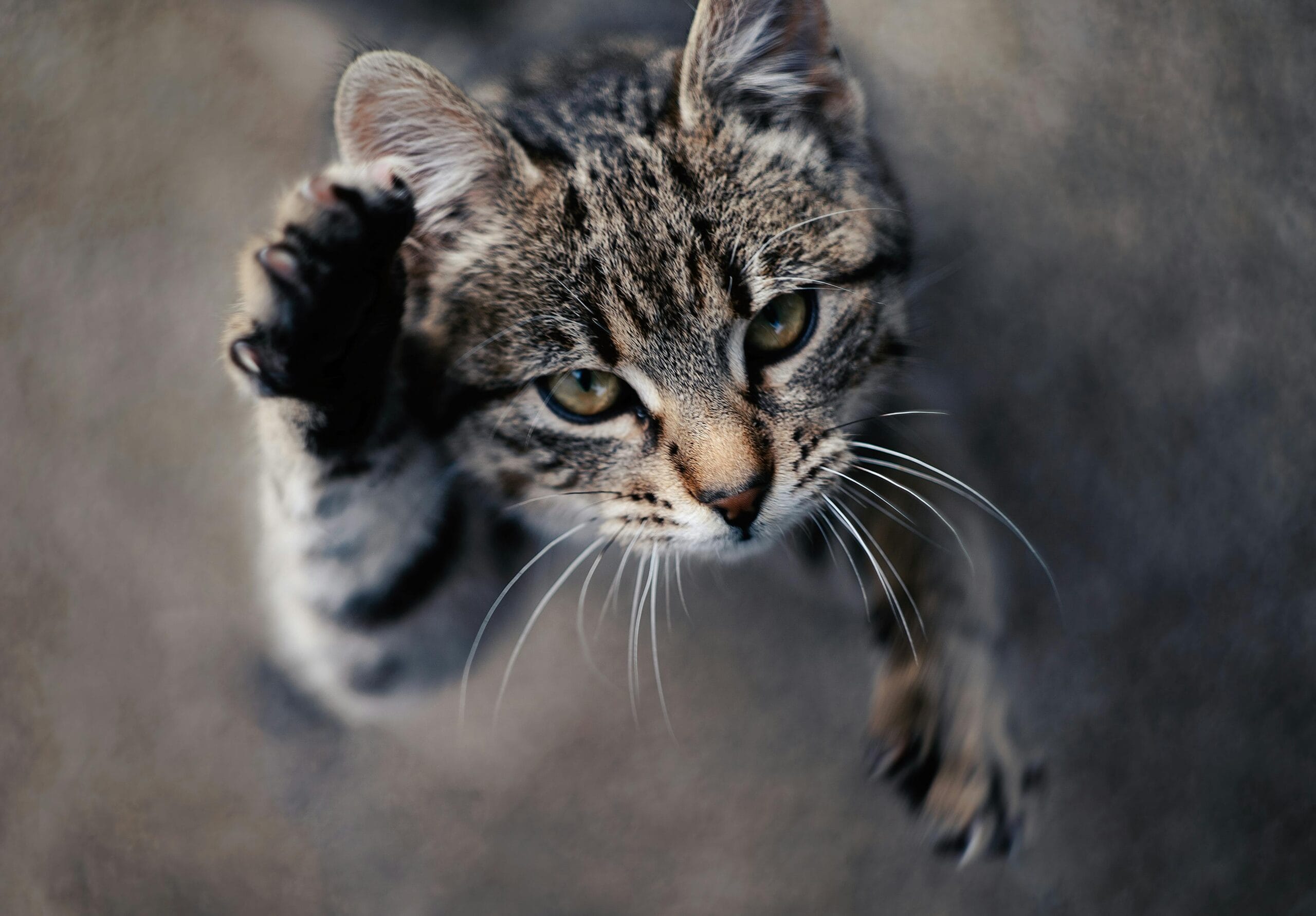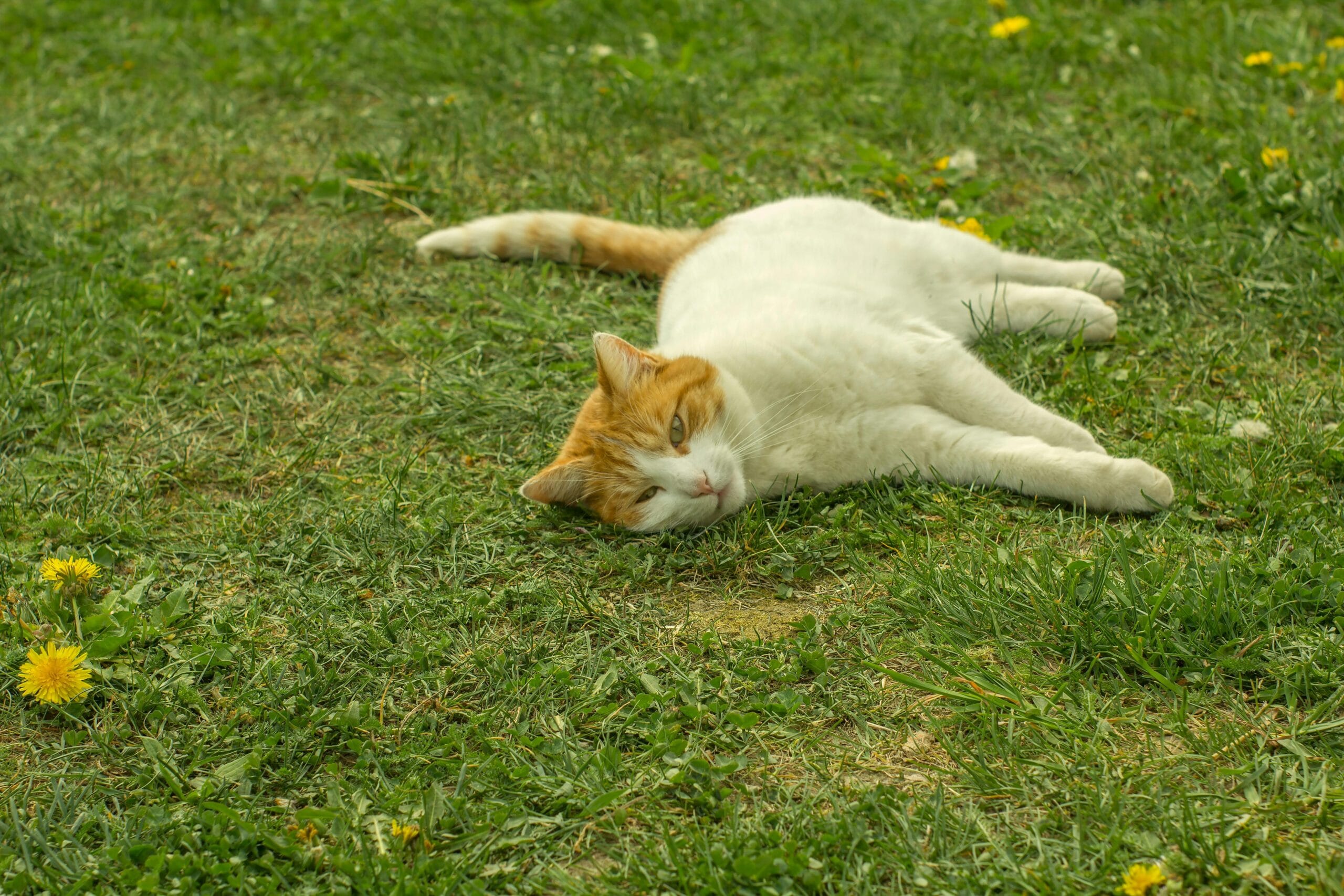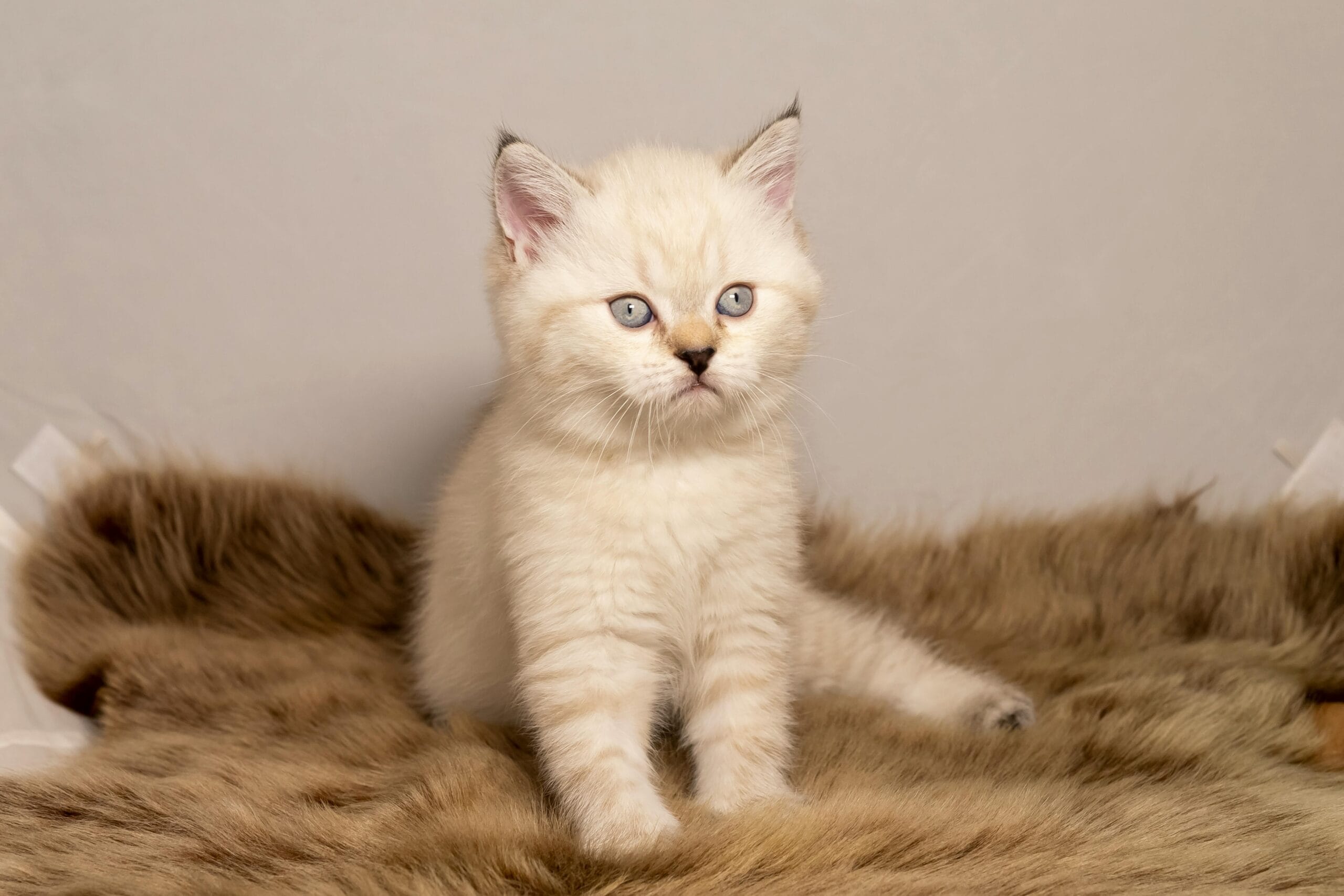Can Cats Eat Fries ?

Can Cats Eat Fries? Find out if cats eating French fries is safe! Are fries bad for cats? Discover the truth and protect your feline friend. Learn now!
Can Cats Eat Fries? A Comprehensive Guide to Feline French Fry Consumption
The irresistible aroma of freshly cooked French fries can be tempting for anyone, including our feline companions. But the question remains: Can cats eat fries? The short answer is no, not really. While a tiny, accidental nibble likely won’t cause immediate harm, regularly feeding your cat fries or letting them indulge in significant amounts is highly detrimental to their health. This article delves deep into the reasons why cats eating French fries is a bad idea, exploring the potential dangers and offering safer, healthier alternatives for your furry friend.
Are Fries Bad for Cats? Understanding the Nutritional Nightmare
French fries, those crispy, salty delights, are far from a nutritional powerhouse for humans, let alone cats. Their primary ingredients – potatoes and oil – pose several risks to feline health. Are fries bad for cats? Absolutely. Let’s break down the specifics:
High Fat Content: A Recipe for Disaster
French fries are notoriously high in fat, particularly saturated and unhealthy trans fats, depending on the cooking method and oil used. Cats, being obligate carnivores, require a diet rich in protein and moderate in fat. Excessive fat intake can lead to pancreatitis, a severe and potentially life-threatening inflammation of the pancreas. Pancreatitis can cause vomiting, diarrhea, abdominal pain, and lethargy, requiring immediate veterinary attention. The symptoms can be quite distressing for your cat, and treatment can be costly.
Salt Overload: A Salty Situation for Cats
Another major concern is the high sodium content in fries. Cats are far more sensitive to salt than humans. Excessive sodium intake can lead to sodium ion poisoning, causing dehydration, vomiting, diarrhea, tremors, and even seizures. In severe cases, it can be fatal. Even seemingly small amounts of salted fries can pose a significant risk, especially for kittens or cats with underlying health conditions. Remember, a little bit of salt can go a long way in causing problems for cats.
High Carbohydrate Content: Not Part of a Natural Diet
While cats can digest some carbohydrates, their digestive systems aren’t designed to handle large amounts. Fries are primarily carbohydrates, offering little to no nutritional value for cats. This excess carbohydrate intake can contribute to weight gain, obesity, and related health problems such as diabetes. Remember, a cat’s natural diet consists mostly of protein derived from meat.
Potential for Additives and Seasonings: A Hidden Threat
Many commercially prepared fries contain additional ingredients like flavor enhancers, preservatives, and artificial colors. These additives can be harmful to cats and exacerbate existing health problems. The presence of garlic and onion powder, common seasonings in some fries, can also lead to anemia in cats. Always prioritize your cat’s well-being when considering human food.
Cats Eating French Fries: The Long-Term Consequences
The consequences of cats eating French fries regularly go beyond immediate discomfort. Chronic consumption can contribute to a variety of health issues, including:
- Obesity
- Diabetes
- Pancreatitis
- Heart disease
- Liver problems
- Gastrointestinal issues
These conditions can significantly reduce your cat’s quality of life and lead to premature death. Therefore, it’s crucial to keep fries and other human foods out of reach of your feline friend.
Safe and Healthy Alternatives for Your Cat
If your cat seems interested in your fries, or any other human food, offer them a healthier and more appropriate alternative. High-quality cat food, specifically formulated to meet their nutritional needs, should always be the primary source of food. You can also occasionally give your cat small pieces of cooked chicken or fish (without bones or seasonings), but always consult your veterinarian to ensure it aligns with your cat’s dietary requirements and health status.
For further information on feline nutrition, you might find the resources at the PetMD website incredibly useful. They offer a wealth of articles on cat health and dietary needs, written by veterinary professionals. Understanding your cat’s nutritional requirements is paramount to their overall health and well-being.
What to Do if Your Cat Eats Fries
If your cat manages to sneak a few fries, don’t panic immediately. Monitor them closely for any signs of digestive upset, such as vomiting, diarrhea, or lethargy. If you observe any concerning symptoms, contact your veterinarian immediately. Early intervention is key in managing any potential complications from eating unhealthy foods.
For more in-depth information about feline health issues related to dietary concerns, exploring resources from the American Veterinary Medical Association (AVMA) is recommended. Their site is packed with expert advice and information, keeping you informed and prepared as a responsible pet owner.
Debunking Common Myths About Cats and Fries
Many pet owners believe that small amounts of human food are harmless. While a tiny accidental lick of a fry may not cause immediate issues, it sets a dangerous precedent and doesn’t negate the risks associated with their composition. It is never a good practice to let your cat regularly consume non-cat foods, including fries.
The Bottom Line on Can Cats Eat Fries
In conclusion, the answer to the question “Can cats eat fries?” is a resounding no. Cats eating French fries presents a significant health risk due to the high fat, salt, and carbohydrate content, as well as potential harmful additives. Prioritize your cat’s health by providing a balanced diet consisting of high-quality cat food and avoiding human foods like fries. Regular consumption of French fries can lead to serious health problems and reduced lifespan for your beloved pet. Providing appropriate nutrition is key to ensuring your cat thrives.
Understanding your cat’s nutritional needs is crucial for their health and happiness. For comprehensive advice on feline health and nutrition, consider consulting the resources offered by the ASPCA (American Society for the Prevention of Cruelty to Animals). They offer expert guidance on various pet care aspects, including nutrition, health, and behavior. Remember, a healthy cat is a happy cat!
Share Your Experiences!
Have you ever had an experience with your cat and French fries (or other human foods)? Share your story in the comments below! Let’s learn from each other’s experiences and help keep our feline friends safe and healthy. We’re keen to hear your thoughts on cats eating French fries and how you’ve managed similar situations. Your comments can help other pet owners learn and make informed decisions about their cat’s diet.

Can Cats Eat Fries? 10 Frequently Asked Questions:
1. Can cats eat fries?
No, cats should not eat fries. While a tiny, accidental nibble likely won’t cause serious harm, fries are generally bad for cats. Cats eating French fries regularly can lead to health problems.
2. Are fries bad for cats?
Yes, are fries bad for cats? Absolutely. Fries are high in fat, salt, and often contain spices and seasonings toxic to cats. These can cause digestive upset, pancreatitis, obesity, and other health issues.
3. What happens if my cat eats a few fries?
A small amount of fries might cause mild digestive upset like diarrhea or vomiting. Monitor your cat for any adverse reactions. If symptoms persist or worsen, consult a vet.
4. Are sweet potato fries okay for cats?
While seemingly healthier than regular fries, sweet potato fries still contain high amounts of fat and carbohydrates, which aren’t ideal for a cat’s diet. It’s best to avoid them.
5. My cat stole a fry, should I be worried?
A single fry is unlikely to cause significant harm. However, prevent future incidents by keeping fries out of your cat’s reach. Observe your cat for any unusual behavior.
6. Can Can Cats Eat Fries seasoned with salt and pepper?
Definitely not. Salt and pepper, common seasonings on fries, are toxic to cats. Can cats eat fries seasoned in this way? The answer is a resounding no.
7. My cat seems obsessed with my fries. Why?
Cats can be attracted to the smell and taste of fatty foods. However, this doesn’t mean it’s healthy or safe for them. Keep all fries out of their reach.
8. Are there any fries that are safe for cats?
No, there are no types of fries considered safe for cats. Their digestive systems aren’t designed to process the high fat, salt, and carbohydrates found in all types of fried potatoes.
9. What should I do if my cat eats a lot of fries?
Contact your veterinarian immediately. Large quantities of fries can cause serious health problems. The vet can assess the situation and provide appropriate care.
10. What are healthier alternatives to fries for my cat as treats?
Offer your cat small amounts of cat-specific treats. Consult your vet for recommendations on appropriate and healthy snacks for your feline friend. Never substitute human food for a balanced cat diet.

Can Cats Eat Fries? A Vet’s Guide to Feline Fast Food
The short answer is: no, cats should not eat fries. While a tiny, occasional nibble likely won’t cause immediate harm, french fries present several health risks for your feline friend.
Health Risks of Fries for Cats
High Fat Content: Fries are incredibly high in fat, leading to potential weight gain, pancreatitis (inflammation of the pancreas), and other digestive issues. Obesity in cats can significantly shorten their lifespan and contribute to numerous health problems.
High Sodium Content: The salt in fries can be toxic to cats in large quantities, potentially causing dehydration, sodium ion poisoning, and even seizures. Even seemingly small amounts, consumed regularly, can build up and become detrimental.
Carbs and Additives: Cats are obligate carnivores, meaning their bodies are designed to thrive on meat-based diets. The high carbohydrate content in fries offers little nutritional value and can upset their digestive system. Additives and seasonings found in fries, such as garlic and onion powder, can be toxic to cats.
Cooking Oils & Processes: The cooking oils and frying processes used to make fries can create compounds that are unhealthy for cats. These can lead to gastrointestinal upset and other health complications.
Practical Tips for Cat Owners
Keep Fries Out of Reach: The easiest way to prevent your cat from eating fries is to store them securely, out of your cat’s reach. This includes countertops, tables, and floors.
Train Your Cat: Work on training your cat with positive reinforcement to avoid human food. Reward them for ignoring food scraps.
Provide Healthy Alternatives: Offer your cat appropriate, high-quality cat food and treats. A balanced diet is crucial for their well-being.
Supervise Mealtimes: If you’re eating fries, supervise your cat carefully to prevent them from sneaking any. Any signs of digestive upset (vomiting, diarrhea) after eating fries should prompt a vet visit.
Conclusion
While the occasional accidental lick might not be catastrophic, intentionally feeding your cat fries is strongly discouraged. Prioritize your cat’s health by providing a balanced diet and keeping unhealthy human foods out of their reach. If you are concerned about your cat’s diet or health, consult with your veterinarian.
Keywords: cats, fries, french fries, cat food, cat health, feline diet, pet health, cat nutrition, obesity in cats, pancreatitis in cats, sodium poisoning in cats, cat safety